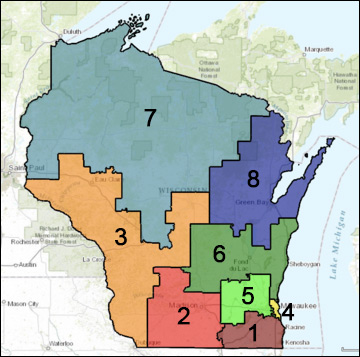 By Jim Ellis
By Jim Ellis
April 13, 2020 — Taking advantage of the lull in active campaign time because the COVID-19 stay-at-home orders in effect around the country yields a relatively stable political picture, we have developed early ratings for this year’s 35 US Senate races. Of course, this comes with the understanding that great unknowns associated with the virus after-effects on the US and world economies will certainly alter the political climate.
As we know, 33 in-cycle Senate races are on the board for November along with two special elections, one in Arizona and the other in Georgia. In this cycle, Republicans must defend 23 of the states hosting Senate races as compared to just 12 for the Democrats. This is almost a complete reversal of the 2018 political map when Democrats were forced to defend 26 of 35 electoral contests.
To review, appointed Sen. Martha McSally (R-AZ) must run in November to attempt to secure the remaining two years of the late Sen. John McCain’s (R) final term. In the Peach State, appointed Sen. Kelly Loeffler (R-GA) will be on the ballot in hopes of winning her first election, which would yield her two more years of service in replacing resigned Sen. Johnny Isakson (R).
Looking at the entire Senate picture after reviewing all 35 races, it appears that 18 of the 35 campaigns can be considered safe for the incumbent party (10R; 8D). The GOP has five “Likely Republican” races and six more that lean their way today. The Democrats have two “Likely Dem” contests and three more that currently tilt in their direction. We consider only one race a toss-up at this point in the election cycle.
Already in this cycle, we project three conversion situations landing in the “Lean” category for the challenger party, two R to Ds, and one D to R. And, we will take a closer and more expansive look at these “Toss-up” and “Lean”-rated situations in an update tomorrow.


 April 2, 2020 — With the COVID-19 virus playing havoc with virtually every aspect of American life, including elections, how are the House vacant seats being affected?
April 2, 2020 — With the COVID-19 virus playing havoc with virtually every aspect of American life, including elections, how are the House vacant seats being affected?